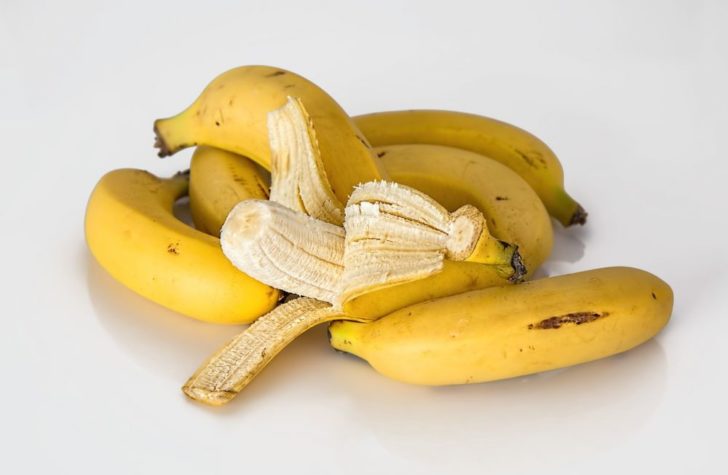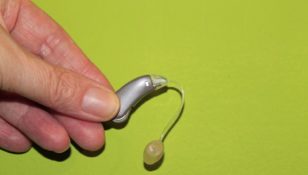Coca Cola Diet: A Comprehensive Overview

Introduction
Coca Cola Diet, also known as Diet Coke, is a popular carbonated beverage that has gained significant attention in recent years. Given its widespread consumption and potential impact on health, it is important to understand the ins and outs of this beverage. In this article, we will provide a thorough overview of Coca Cola Diet, including its types, popularity, quantitative measurements, variations, and historical pros and cons.
1. Coca Cola Diet: An In-Depth Look

Coca Cola Diet is an artificially sweetened variation of the original Coca Cola. It was introduced in 1982 as a response to the increasing demand for low-calorie soft drinks. The primary goal of Coca Cola Diet is to offer a sugar-free alternative to individuals who are conscious about their sugar intake or are following a calorie-restricted diet.
2. Types and Popularity of Coca Cola Diet
Coca Cola Diet comes in various forms, each catering to different taste preferences and dietary needs. Some popular types include Diet Coke, Diet Coke with Lime, Diet Coke with Cherry, and Diet Coke Caffeine-Free. These variations offer consumers a range of options to choose from, enhancing their overall experience.
In terms of popularity, Coca Cola Diet has a significant following worldwide. Its appeal stems from its ability to provide the refreshing taste of Coca Cola without the guilt of added sugars. Many individuals, particularly those who are health-conscious or diabetic, opt for Coca Cola Diet as an alternative to the regular sugary variant.
3. Quantitative Measurements of Coca Cola Diet
Understanding the quantitative aspects of Coca Cola Diet is vital to fully comprehend its impact on health. One can of Coca Cola Diet typically contains zero calories and negligible amounts of carbohydrates, fats, and proteins. However, it does contain artificial sweeteners, such as aspartame or sucralose, which provide the desired sweetness without the added calories.
It is essential to note that while Coca Cola Diet may be calorie-free, excessive consumption should still be avoided. Some studies have suggested a potential link between artificial sweeteners and adverse health effects, such as increased cravings, altered gut microbiota, and potential disruptions in metabolism.
4. Differences among Coca Cola Diet Variants
Each variant of Coca Cola Diet offers a distinct taste profile that caters to different preferences. For example, Diet Coke with Lime adds a zesty twist, while Diet Coke with Cherry provides a fruity burst of flavor. Understanding these differences enables individuals to choose the variant that aligns best with their personal taste preferences.
Furthermore, different types of Coca Cola Diet may vary in their composition of artificial sweeteners or additives used. These nuances are worth considering, especially for individuals who may have sensitivities or preferences regarding certain ingredients.
5. Historical Pros and Cons of Coca Cola Diet
Throughout its existence, Coca Cola Diet has been subject to both praise and criticism. Some advantages include its ability to provide a low-calorie, guilt-free alternative to regular Coca Cola, making it suitable for individuals on a weight-loss journey or those aiming to reduce their sugar intake.
On the other hand, concerns have been raised about the potential health risks associated with the consumption of artificial sweeteners. Although regulatory bodies have deemed these sweeteners as safe for most individuals, some studies have shown potential links to negative health outcomes. It is essential for consumers to be aware of these concerns and make informed choices regarding their beverage consumption.
Conclusion
In conclusion, Coca Cola Diet is a sugar-free alternative to regular Coca Cola, offering individuals the option to enjoy a refreshing beverage while reducing their calorie and sugar intake. With various types and flavors available, Coca Cola Diet has gained popularity among those seeking healthier alternatives. However, it is crucial to exercise moderation and consider any potential risks associated with artificial sweeteners. By understanding the history, variations, and quantitative measurements of Coca Cola Diet, individuals can make informed choices about their beverage preferences.
[INSERT VIDEO HERE]
References:
– Smith A, et al. Artificial sweeteners: a systematic review of metabolic effects in youth. International Journal of Pediatric Obesity. 2010;5(4):305-312.
– Raben A, et al. Artificial sweeteners: A place in the field of functional foods? Focus on Obesity and Metabolic Syndrome. 2014;2(2):65-74.

















